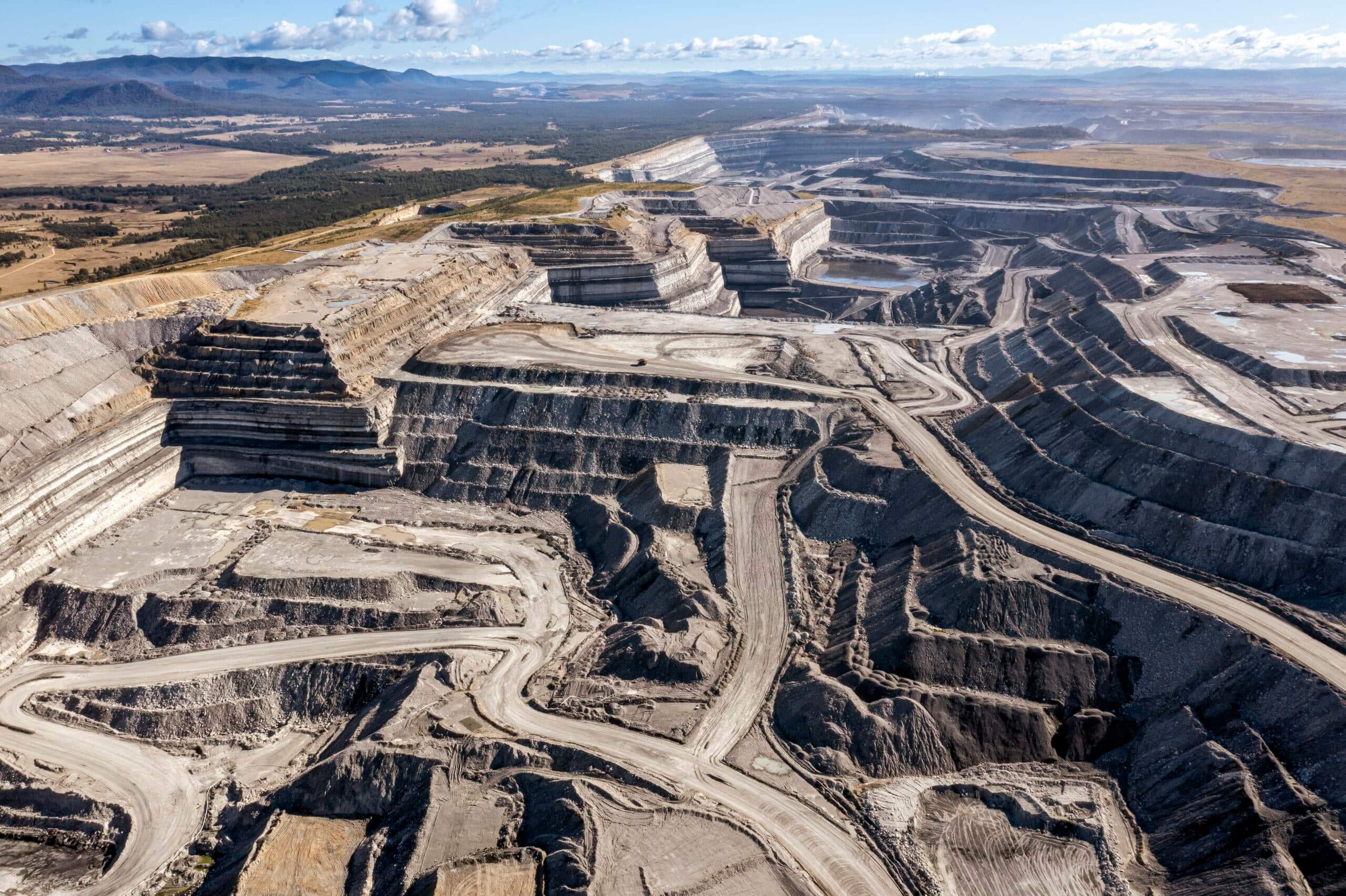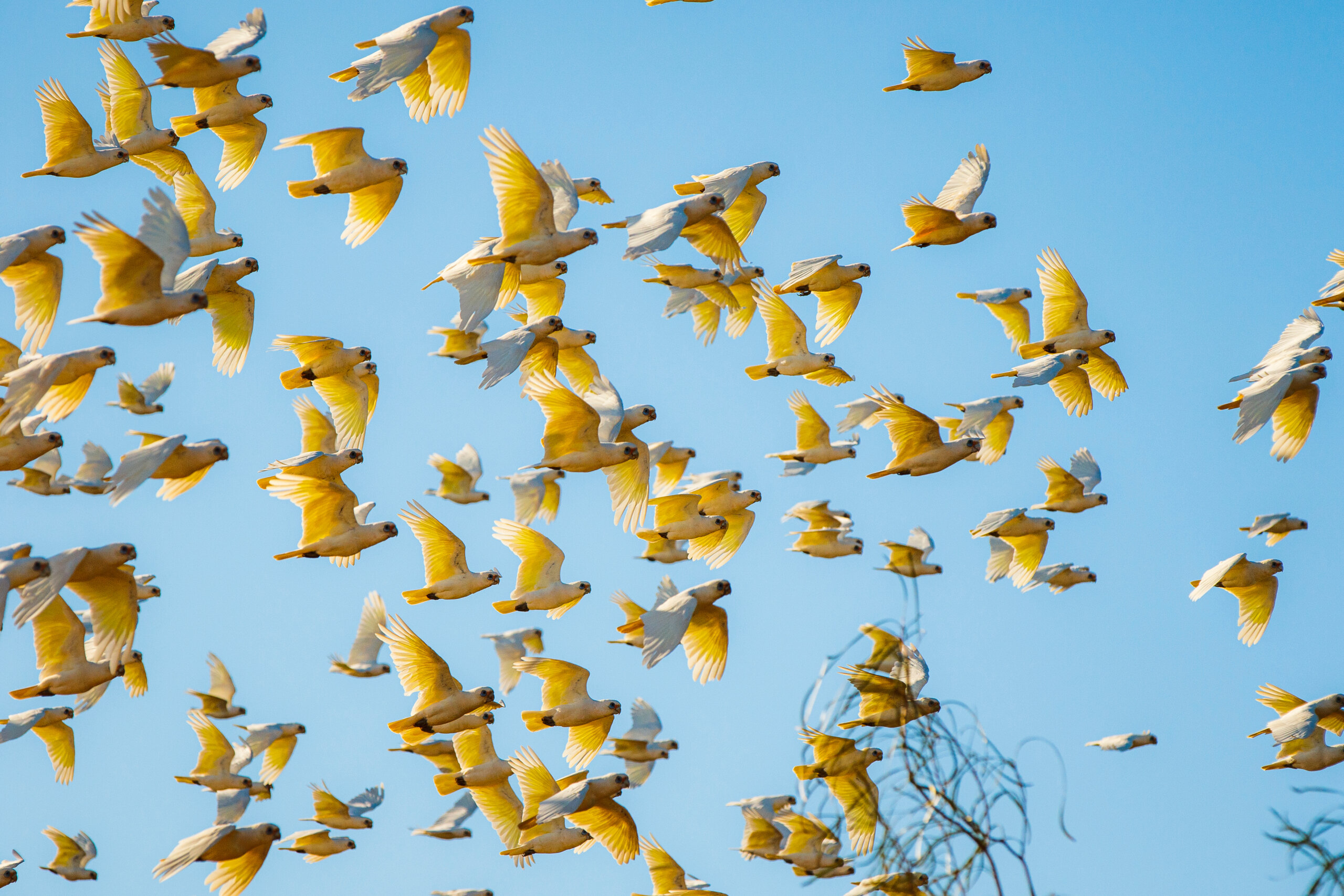Volunteer for a radically better world
By volunteering with Environmental Justice Australia, you'll gain experience in public interest environment law, and help use the law to seek justice for communities, our climate and nature.
Volunteers also make an invaluable contribution to our work and how much we can do for the community.
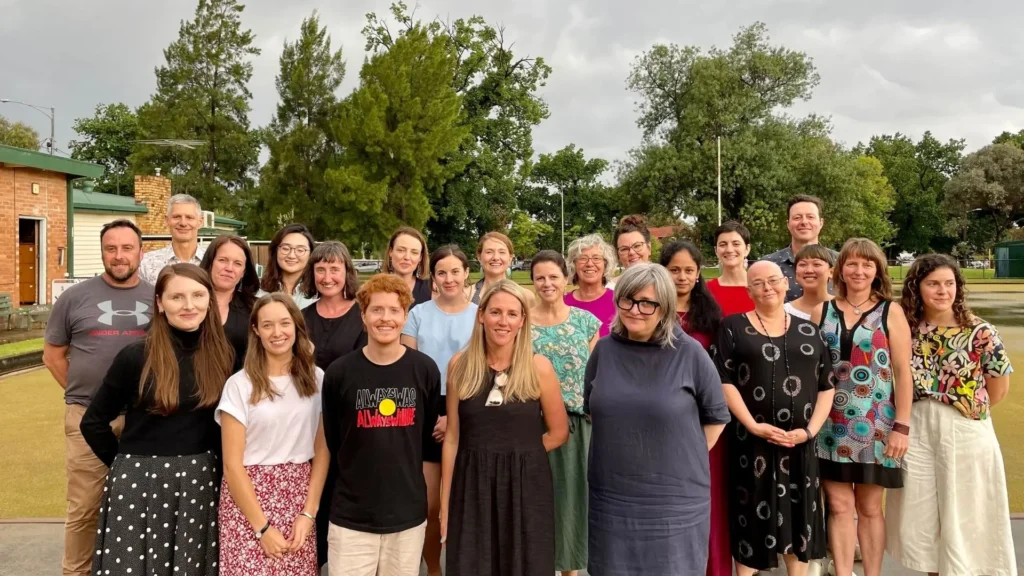
Current opportunities
We run two programs for law students and recent graduates:
- weekly placements
- summer / winter internships
We also run a paid First Nations legal, campaign or communications internship program.
Work with us one full day each week for a minimum of one semester.
The next weekly volunteer placement program begins 5 August 2024.
As a volunteer with Environmental Justice Australia, each week, you might assist the team with casework, law reform and policy projects or research, and updating publications.
Who should apply?
Law students with an interest in environmental issues and environmental law. Usually second-year minimum, unless you have strongly relevant undergraduate studies.
We give preference to students who have studied administrative law.
While volunteers are based in our Carlton office, applications for remote internships from students outside Melbourne will be considered for exceptional candidates.
When to apply
Rosters are organised each semester, finalised at the end of March and late July. If a casual vacancy arises during semester, applications on file will be reviewed.
How to apply
Complete this application form and email it to EJA together with your CV and academic transcript. Incomplete applications will not be considered.
Applications for semester 2 close 14 July 2024.
Any questions?
Contact Hong Vu, EJA’s office administrator and volunteer coordinator.
Interns work full-time for two consecutive weeks over summer (between November and February) or over the winter break between semesters (June/July).
As a summer or winter intern, you might assist staff with casework, law reform and policy projects, and help with research and updating publications.
Who should apply?
Bachelor of Laws or JD students with an interest in environmental issues and environmental law – especially later-year students and law students pursuing additional study in a related field such as science or environmental policy. (First year students are not eligible.)
We give preference to students who have studied administrative law, but it is not essential.
Applications from outside Melbourne for remote internships are considered for exceptional candidates.
When to apply
Applications for the next round of interns over Winter close on 12 May, 2024
We also advertise through the Environmental Justice Australia e-Bulletin and via universities where possible.
How to apply
Complete this internship application form and email or post it to EJA, together with your CV and academic transcript. Incomplete applications will not be considered.
Any questions
Contact Hong Vu, EJA’s volunteer coordinator.
Are you a law student or recent graduate – or looking to hone your skills in campaigning or communications?
Interested in nature and environmental justice and the power of public interest litigation and legal advocacy campaigns?
Join EJA for a paid Aboriginal and Torres Strait Islander internship to learn how to use the law to empower communities, safeguard our climate, protect nature and support First Nations people fighting for Country and Culture.
Who should apply?
We are initially offering two internships for First Nations law students and recent graduates, or for First Nations people looking to gain experience in advocacy communications and campaigning.
Interns will be paid a stipend of $200 per day, and additional accommodation funding may be available for applicants who need to travel a long distance to take up the position.
When to apply
There is no deadline for applications, we will consider them as they come in, so please lodge an expression of interest as soon as you can.
Timing
We offer internships of 10-15 days, with the option of flexibility. Contact us to discuss your needs and ideal commencement dates.
We prefer two interns to commence at the same time, at least for the training and familiarisation sessions.
Meet some past volunteers

What inspired you to apply to volunteer with Environmental Justice Australia?
My passion for the environment and reading about the accomplishments of EJA. I wanted to volunteer somewhere I could expand my knowledge of environmental law and know that, as part of the EJA team, my work would make a difference in environmental justice in Australia.
What has been your favourite thing about the role?
Assisting and collaborating with experienced people who share a likeminded passion for environmental justice. As a law and arts student in my early stages of university, this role has provided me with a valuable insight into how the law, politics, and environmental conservation intersect.
What does environmental justice mean to you?
Environmental justice means creating a world in which all living beings, including animals and other organisms, can live without the threat of degradation and pollution. We should all have a safe and healthy environment, and the law needs to play a much greater role in facilitating and upholding these rights.
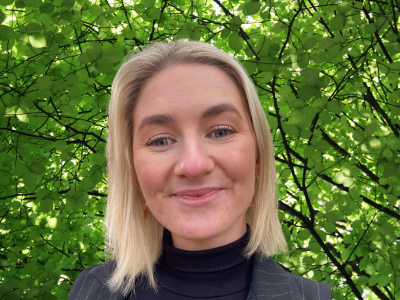
What inspired you to apply to volunteer with Environmental Justice Australia?
I've supported EJA for several years and felt that volunteering at EJA would be a fantastic opportunity to combine my passion for the environment and the law, and gain professional experience in an area I would love to pursue. I value the way EJA prides itself in using legal action to empower communities to safeguard the environment.
What has been your favourite thing about the role?
I volunteered in the ecosystems team at EJA and have thoroughly enjoyed the diversity of work. I found that environmental law encompasses aspects of administrative, land and criminal law. I've particularly enjoyed work for matters in the Northern Territory, as it aims to protect large masses of untouched land. I was also thrilled to volunteer at EJA when the Victorian Government announced the end of native forest logging in 2024.
What does environmental justice mean to you?
To me, environmental justice is heavily interrelated with social justice, as often those most vulnerable are most susceptible to the impacts of climate change. Environmental justice is also about taking holistic and collaborative action to sustain the environment and natural world for the generations to come.
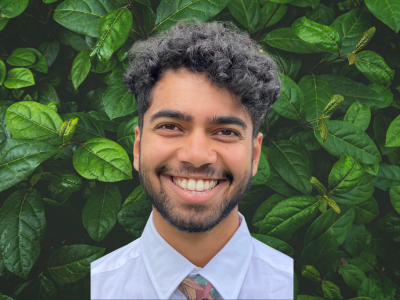
What inspired you to apply to volunteer with Environmental Justice Australia?
I wanted to make a positive impact in the environmental justice space, having always possessed a strong passion for addressing environmental and social issues. I felt EJA was the ideal place to do this considering their involvement in key cases such as WOTCH v VicForests.
What has been your favourite thing about the role?
Working with the EJA team. Everyone in the organisation is so friendly and approachable. I learned so much about what it takes to be a good lawyer from them.
What does environmental justice mean to you?
Environmental justice means the fair distribution of benefits and burdens across society and the environment. It includes implementing fair processes to ensure that all peoples and species are recognised and respected.
Do you have diverse lived expertise?
We encourage you to apply! This includes First Nations, people of colour, LGBTQI+ people, women, neurodivergent folks and people living with disabilities.
Don't meet all of the selection criteria? We recognise structural barriers like racism, ablism, classism, homophobia and sexism impact opportunities to gain paid experience.
When assessing candidates, we look at more than just the jobs you’ve been paid to do. We also consider the range of ways you’ve picked up skills and knowledge throughout your life.
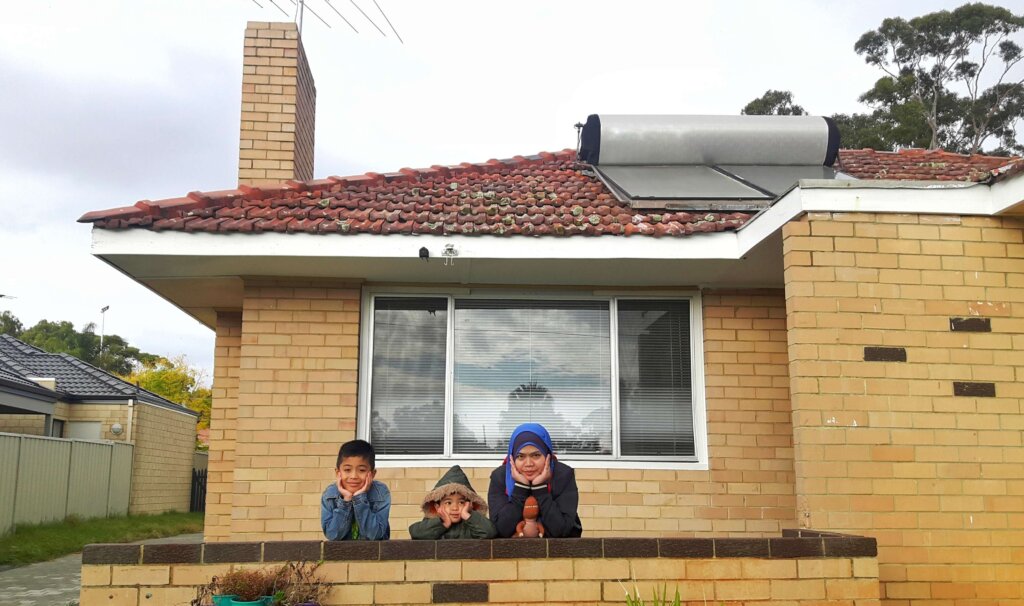
What we do
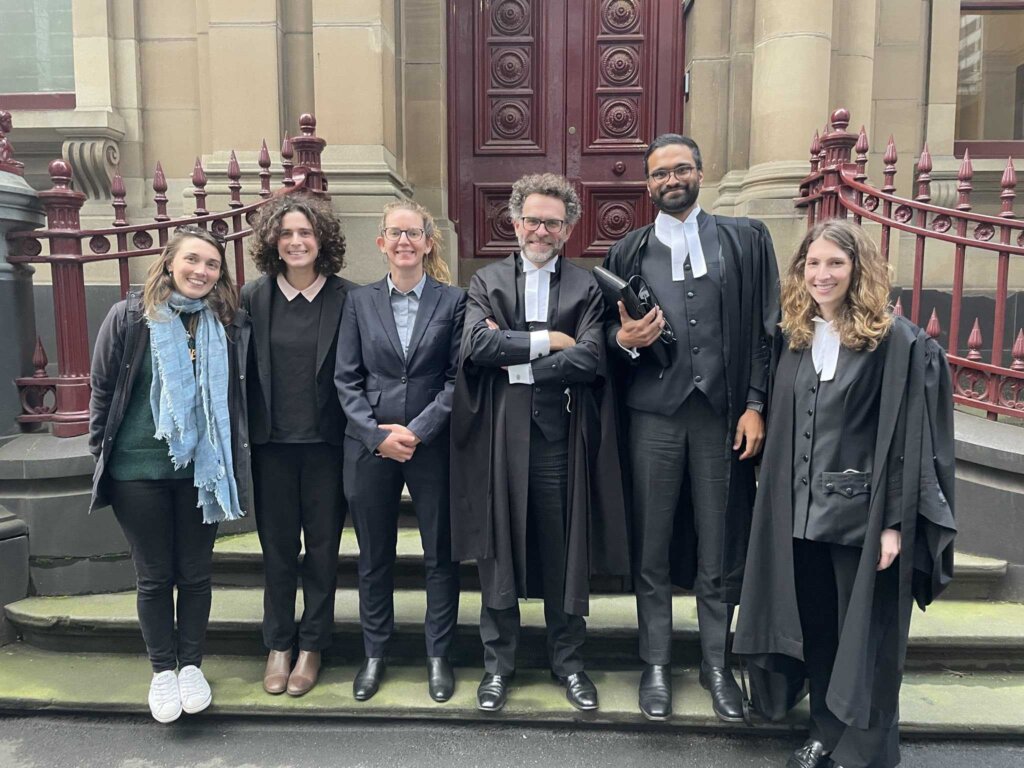
We run landmark court cases
To set game-changing precedents and disrupt the systems that are fuelling destruction and injustice
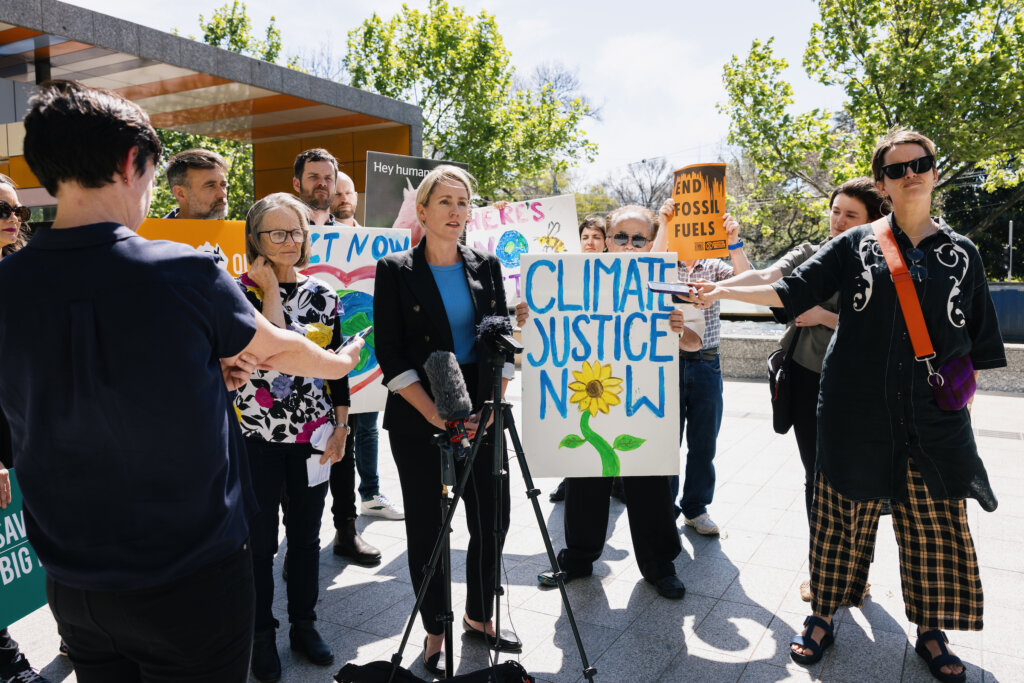
We use strategic legal interventions
To investigate, expose and demand action and accountability with powerful legal campaigns.
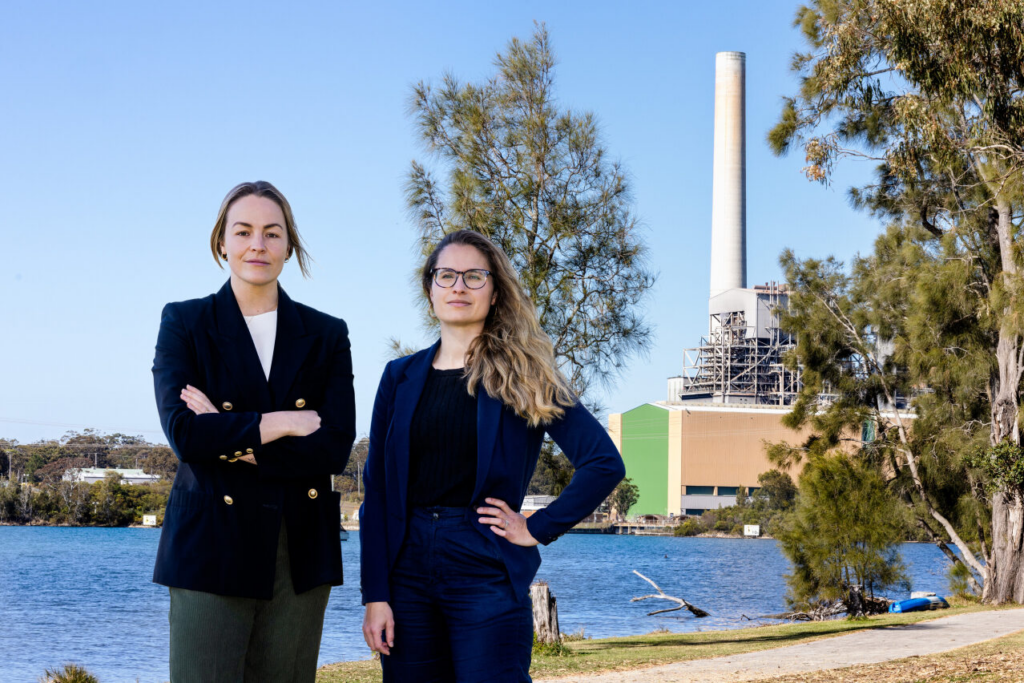
We advocate for better laws
To fix flaws in our legal system, push for better policies and change the way laws and made and enforced.
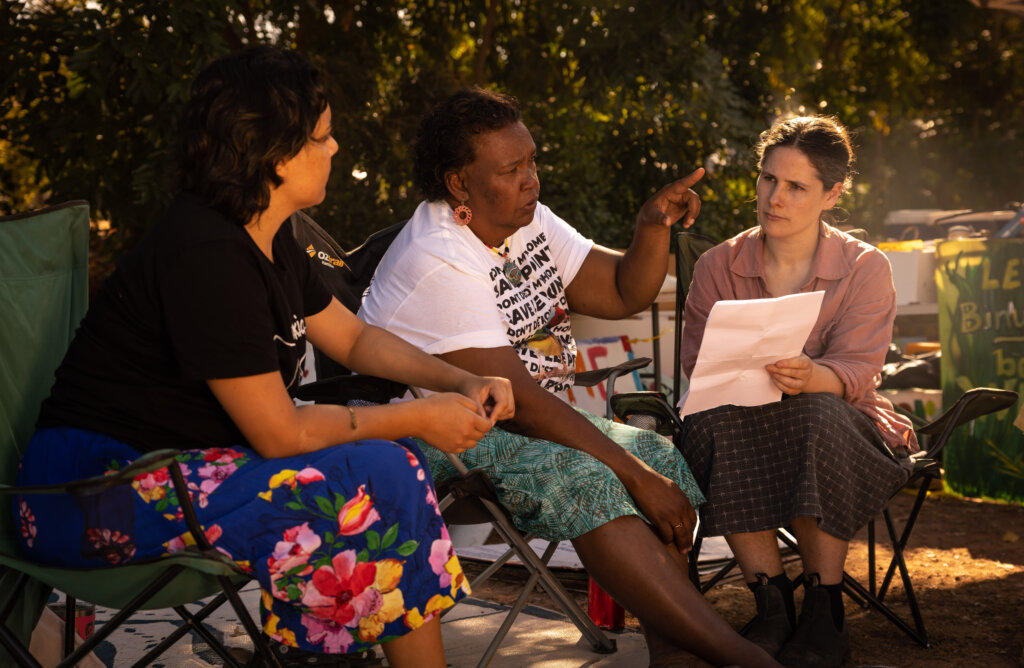
We help people have a say
To empower communities to access information, challenge decisions and participate in the legal system.
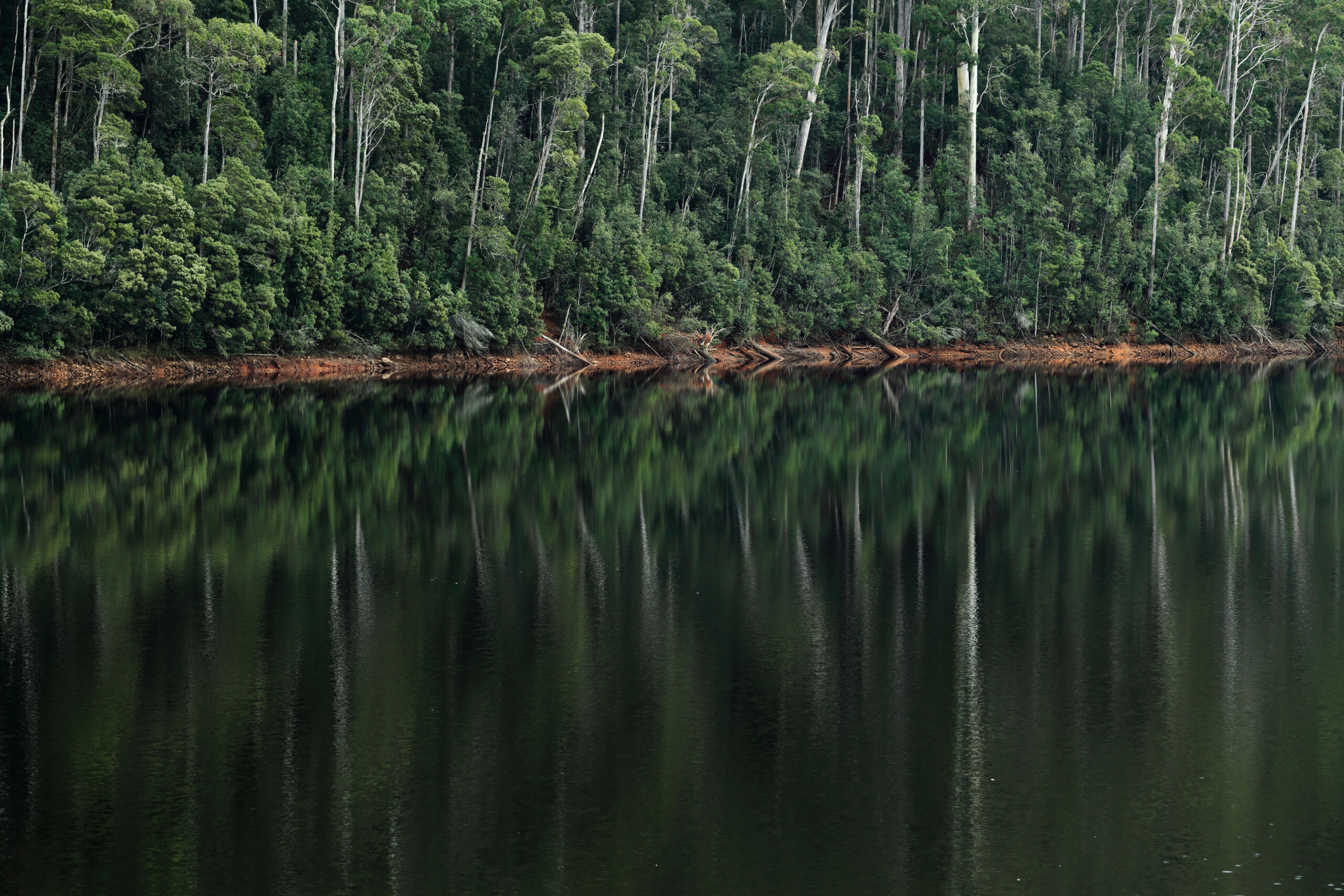
How we work
We're ambitious
We work hard to have the biggest impact andtake intelligent risks. We push the boundaries. We support each other to aim high, fail fast and think bigger.
We collaborate
We know we're stronger when we work together, so we value good relationships and building trust. We share our knowledge and skills, and work in collaborations, partnerships and alliances.
Justice drives us
Our values drive everything we do. We're equitable and inclusive. We listen to understand. We act in solidarity and partnership. We ask ourselves the hard questions and do the work.
We treat everyone with respect
We treat each other with kindness, dignity and care. We value different perspectives and make space for open, equal, constructive dialogue. We champion diversity and inclusion and actively challenge discrimination.
We're positive
We believe a radically better world is possible, and we can build it together. We share wins and achievements and celebrate them together. When things don't go to plan, we learn and grow. We show and encourage appreciation.
We're growing – fast
This makes us work even harder to ensure our culture stays strong. We're ambitious and strive for excellence, but this doesn’t mean competing or sacrificing our wellbeing. On the contrary: We genuinely care for each other. And that helps us grow even more.
